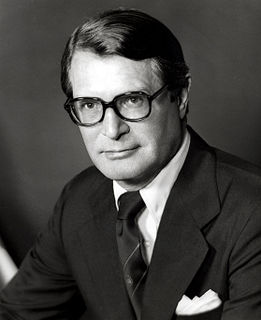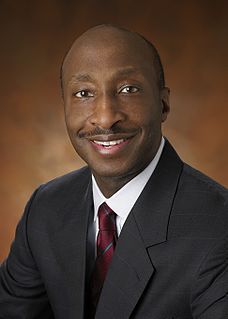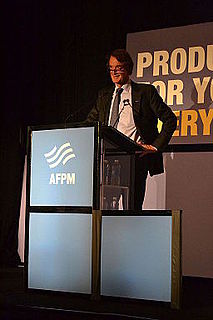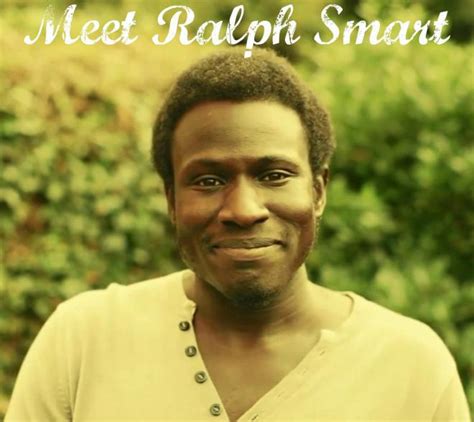A Quote by Elliot Richardson
There is an increasingly pervasive sense not only of failure, but of futility. The legislative process has become a cruel shell game and the service system has become a bureaucratic maze, inefficient, incomprehensible, and inaccessible.
Related Quotes
The truth is that a vast restructuring of our society is needed if remedies are to become available to the average person. Without that restructuring the good will that holds society together will be slowly dissipated... It is that sense of futility which permeates the present series of protests and dissents. Where there is a persistent sense of futility, there is violence; and that is where we are today.
[When we drop our agendas] we begin to cultivate a mind of true goodness and compassion, which comes out of a concern for the Whole. As we live out of such a mind, we become generous, with no sense of giving or of making a sacrifice. We become open, with no sense of tolerance. We become patient, with no sense of putting up with anything. We become compassionate, with no sense of separation. And we become wise, with no sense of having to straighten anyone out.
The only way that you can keep moving forward, finding other ways of expressing things about this increasingly complicated world that we live in, is by listening and observing not only to life around you but to the other people who are in the room. It's not about a sort of, you know, a sense that you have to be democratic about these things, it's a question of creativity that the process of making theatre is a collaborative process, and it is not in, it is not a question of, you know, I have no interest in paying lip service to it, for me it's absolutely fundamental.
Once you have an equalization instrument in place, as you have in Canada, there arise tremendous bureaucratic values - bureaucratic rent so to speak - in maintaining the system that you have. To shift to a system that paid the transfers directly to individuals, by having differential rates of federal income tax levied to adjust to provincial fiscal capacities, which would be my preference, you would have huge bureaucratic opposition. People would try to protect the rents they have in the current system of institutions.



































